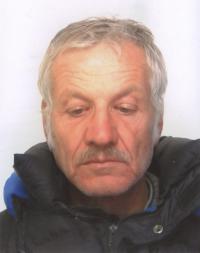„I feel that it‘s kind of unfair to my uncle, that I‘ve smeared the name I inherited.“

Stáhnout obrázek
Petr Rádl was born on the 14th of February 1950 in Kolín. His father, Ivan Rádl, was a lawyer, his mother Milena a teacher. In 1968 he was accepted into the University of Economics in Prague, residing at the Jarov college. In 1970 he was interrogated for the first time by the State Security (StB), because of a misunderstanding that occured in a restaurant Petr Rádl used to visit with his classmates. Soon after he began cooperating with the StB. The information he gave them was supposed mostly to highlight the current mood. He ended his cooperation with the secret police in 1985, at his own request. As the reason he stated a large working load and the fact that he had revealed himself to his wife. His code name was Kolínský (Cologner).
